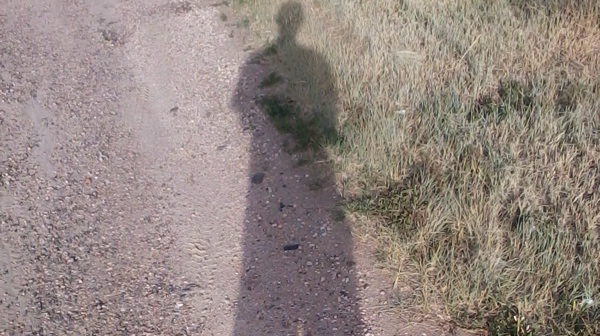In this month of new beginnings and reviews of the state of the union, I’ve been doing some reading about the Bible, economics and King Arthur. How’s that for an eclectic mix of genres? Here are a few titles you might consider picking up:
- Beyond Poverty and Affluence: Towards a Canadian Economy of Care by Bob Goudzwaard & Harry de Lange — I’ve really been chewing on the economic critique of these Dutch economists. I think they have a lot of important things to say, in particular about their call for reforming our economic system based on the values of care and renewal. In fact what they call for is a fundamental renewal of re-evaluation of Western economics. Like Herman Daly and others, they reject the blind allegiance our society gives to economic “growth.” And they include a nice sketch of classical, neo-classical and Marxist economic thought. Although they don’t mention it explicitly, the authors’ focus on social justice and occasional quoting of Scritpure seem to suggest they approach economics from a Christian faith perspective. What I love most of all about their book is that they address the Gospels’ perspective in “defining poverty.” For example, they quote one of my favorite theologians, Jurgen Moltmann, “The poverty meant [by Matthew and Luke] extends from economic, social and physical poverty to psychological, moral and religious poverty. The poor are all those who have to endure acts of violence and injustice without being able to defend themselves. The poor are all who have to exist physically and spiritually on the fringe of death, who have nothing to live for and to whom life have nothing to offer. The poor are all who are at the mercy of others, and who live with empty and open hands. Poverty therefore means both dependency and openness. We ought not to confine ‘poverty’ in religious terms to the general dependence on God. But it cannot be interpreted in a merely economic or physical sense either. It is an expression which describes the enslavement and dehumanization of man in more than one dimension. The opposite of the poor in the Old Testament is the man of violence who oppresses the poor, forces them into poverty and enriches himself at their expense.”
- From Stone to Living Word: Letting the Bible Live Again by Debbie Blue — I’m not all the way through this one yet, but I love what I’ve read so far. Blue does a great job of parsing out the motivations we bring to our interactions with the Scriptures. We strive for certainty, solid foundations and stability, yet according to Blue the Bible leads us somewhere else.
- The Paradise War by Stephen Lawhead — So, this is the first book of The Song of Albion series, one of my favorites. It starts slow, but the groundwork it lays bears great fruit later on. A true, modern-day-turned-historical Celtic adventure story with lots of life and faith and prophetic sorts of themes.


